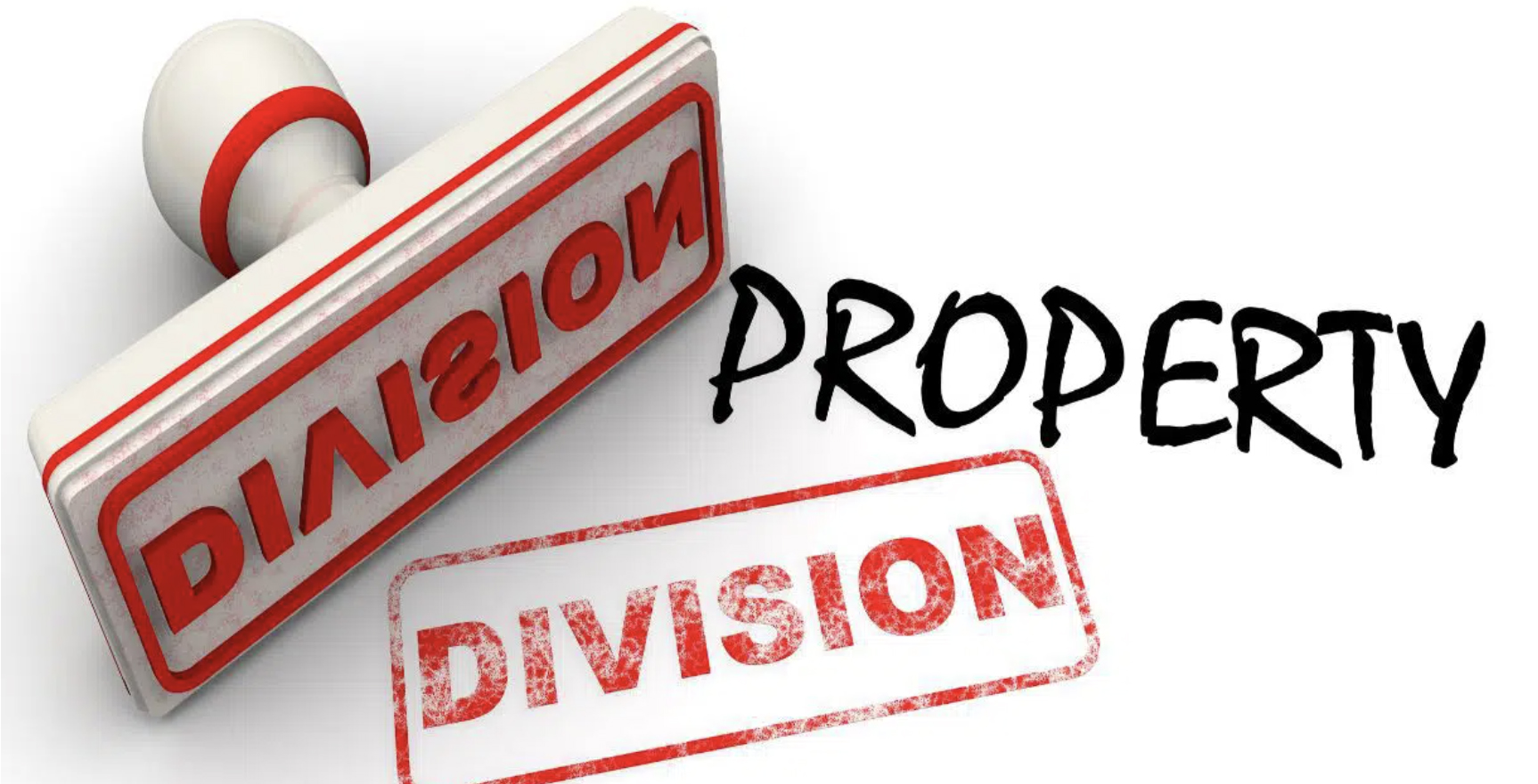How to Calculate Property and Debt Division and Retirement Allocations in a Divorce
Dividing property and debts in a California divorce situation can be complicated, stressful, and result in long-lasting implications for each party. Spouses or partners who try to reach a resolution without consulting a divorce attorney can make costly mistakes if they don’t understand how California’s family laws work.
WARNING: If you and your partner or spouse signed any type of financial agreement addressing your assets and debts before your legal union, seek the advice of a qualified family law attorney to understand how that agreement may affect your rights in a divorce situation.
California is a Community Property State
Under California family law, when two people are married or they register their domestic relationship, the law considers their union a legal community. As a result, all property acquired by the parties along with all debts incurred during the union are considered community property and community debt.
Categories of Property
-
Property that may be subject to division in a divorce includes:
- • Items that can be bought or sold such as
- • a home or piece of property
- • cars and other vehicles such as boats, snowmobiles, motorcycles, jet skis
- • personal clothing and jewelry
- • furniture, artwork, appliances, etc.
- • Items with inherent value such a
- • retirement plans and pension plans
- • bank accounts and cash holdings
- • insurance policies
- • a business and business assets
California also recognizes the category of separate property which includes all property owned by one spouse before the marriage, anything acquired after a legal separation, or property received through inheritance or gift to one spouse but only if it is kept separate from all other property and not commingled in a joint account or through joint ownership.
The court only has the authority to divide community property and separate property if one of the parties requests that the court help with this. Typically separate property remains with the person who received it. Generally, in a California divorce, the community property and debt are divided equally. This does not necessarily mean each item is split down the middle. There are many ways to divide community property and debt to achieve the best outcome for each different case.
General Division Rules
If the parties agree about how to divide their assets and debts they can create a written agreement and ask the court to approve the division. Keep in mind that until the judge signs the agreement everything is still legally owned by both parties.
In California, each party must prepare a list of all known property and debts, identify which are community or separate, and the fair market value of each. These lists are required in the form of a Schedule of Assets and Debts before the divorce can be finalized.
The parties and their attorneys then compare these lists to see if there are any major differences between what is disclosed and the values each party attributes to each item. Experienced family lawyers can use creative methods such as selling property to pay off debts or assigning one party more debt to offset the value of the property received.
Special Requirements For Retirement Plans
Pension, 401k, and other retirement plans are often the most valuable assets in a marriage. To divide these assets you must follow technical rules and prepare complicated documents. We highly recommend using an experienced family law attorney who is familiar with the law and local procedures for court approval. The slightest mistake when dividing a retirement plan can be costly, time-consuming, and frustrating.
A special court order called a Qualified Domestic Relations Order (QDRO) may be prepared for each retirement plan. This order sets forth the details about each party, the plan involved, and how the money will be divided in the future. The order then must be approved by each party, the judge, and also the plan administrator before it will take effect. Sometimes the plan administrator must be named as a party in the divorce case to meet the necessary requirements.
An Experienced Family Law Attorney Can Be Your Most Valuable Ally
An equitable division of your assets and debts can ensure your future financial stability and security for your family. Without a solid understanding of California’s laws, you might walk away from a valuable asset or the debt relief you deserve. An experienced family attorney can help you negotiate and receive a fair settlement.
Don’t try to resolve your divorce alone. Whether negotiating a fair settlement or reviewing your proposed agreement, an experienced family law attorney can ensure the best possible outcome. At Evans Kingsbury LLP we have decades of divorce experience including trials, mediation, and settlement success. Call us today at (707) 596-6090 or fill out our easy contact form to discuss your case.

